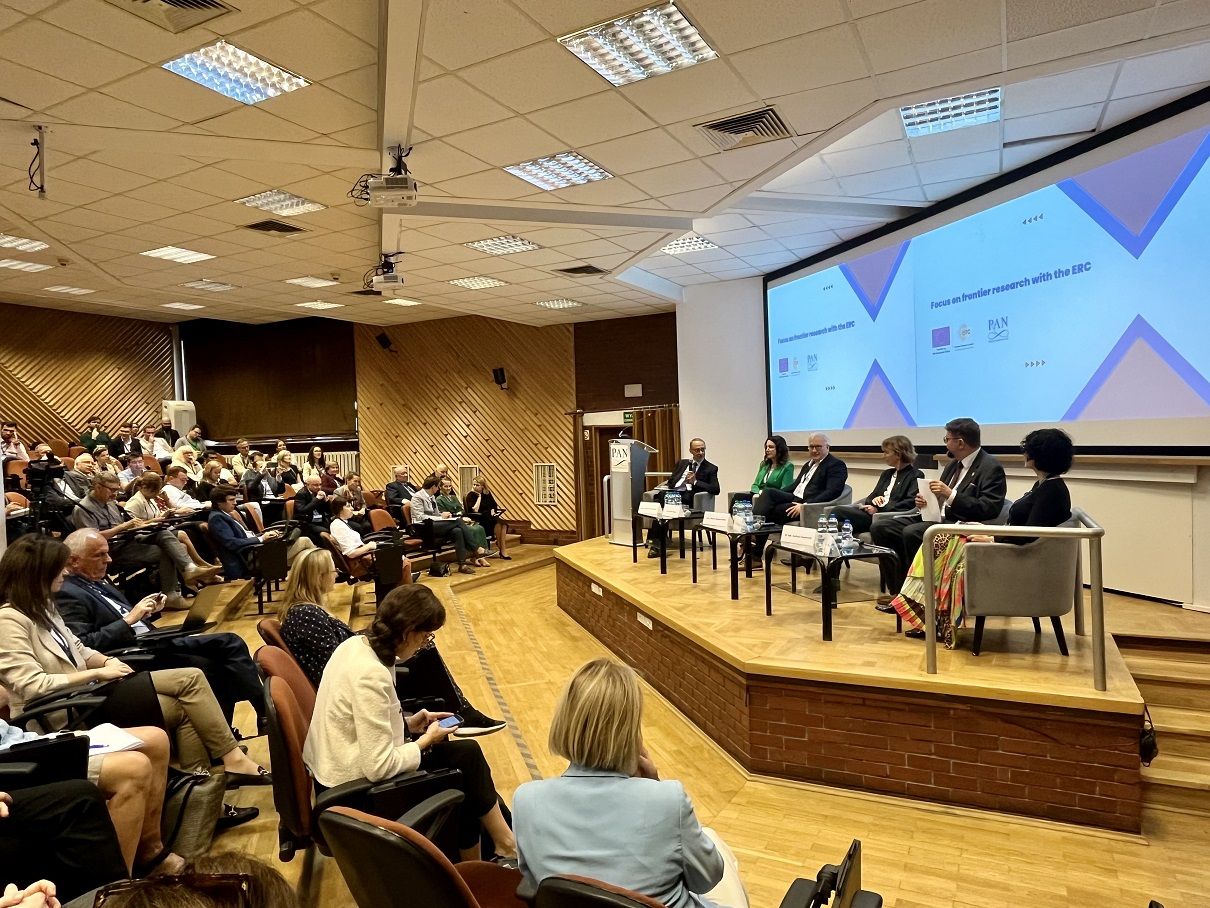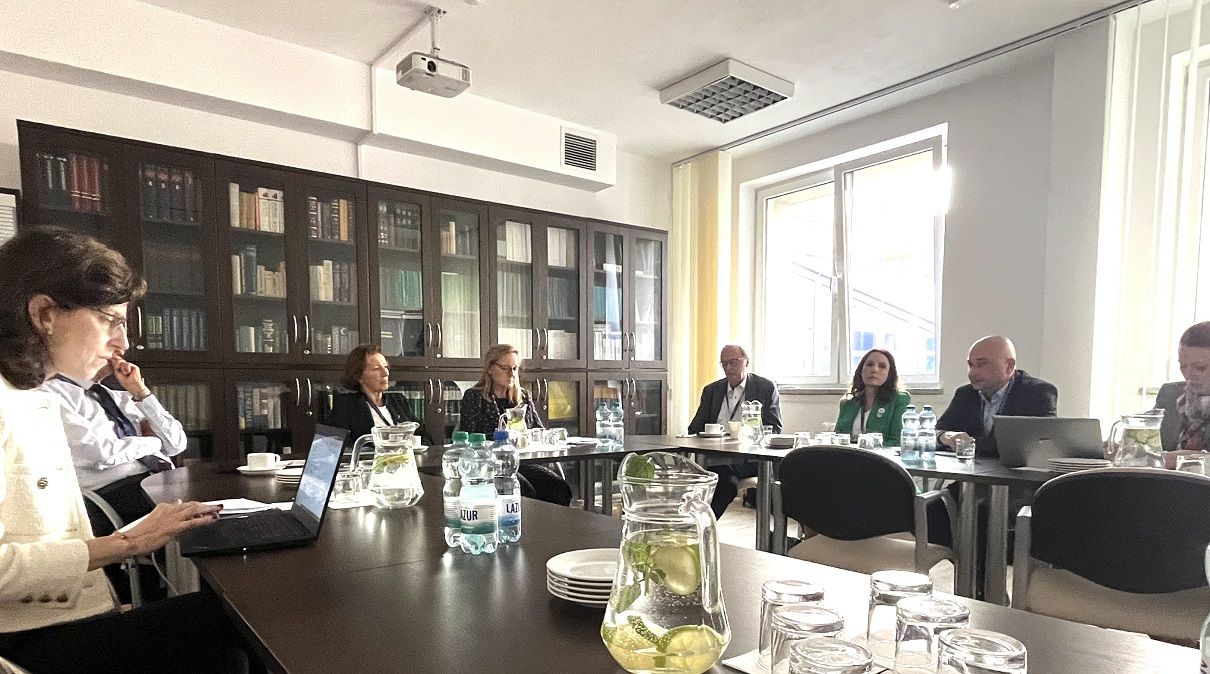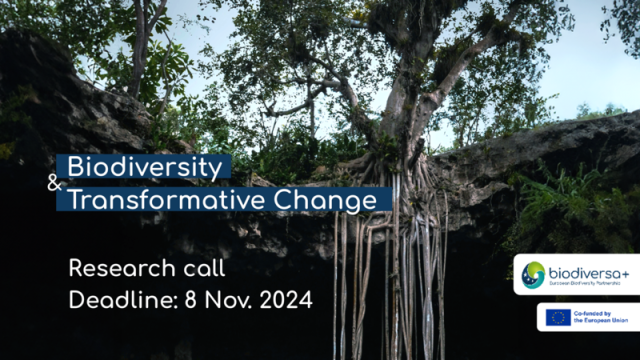Proposals are now being accepted under OPUS 28+LAP/Weave and SONATA 20. The total budget of the two calls is PLN 600 million and the deadline for submission is 16 December.
OPUS is the largest grant programme at the National Science Centre that allows scientists to pursue research projects at Polish host institutions. All researchers, regardless of how far ahead they are in their careers, are eligible to apply. Just like other NCN calls, OPUS offers funding for projects from all disciplines of science.
The call is open to domestic projects but also those conducted with partners from international research institutions or with the use of large international research equipment. The September round of the call will additionally offer the LAP/Weave scheme, offering Polish researchers an opportunity to secure funds for projects conducted in partnership with teams in Austria, Belgium-Flanders, Czech Republic, Germany, Luxembourg, Slovenia or Switzerland, who will be applying in parallel with their own domestic funding agencies. Under the LAP arrangement, proposals are evaluated by NCN expert teams, while foreign partner agencies formally approve their evaluation results and award resources to the relevant partner teams.
OPUS projects may take 12, 24, 36 or 48 months to complete; OPUS LAP projects may last 24, 36 or 48 months, depending on the country of residence of the partner team. There is no lower or upper limit of funding available to a single OPUS project. Grants may go toward funding PI and team member salaries, scholarships, equipment, devices, software, materials and services, as well as project-related trips, visits and consultations.
The budget of OPUS 28+LAP/Weave is PLN 450 million. OPUS 28+LAP/Weave announcement.
SONATA is designed to support young researchers who have earned their PhD 2 to 7 years prior to submitting their proposal. To qualify as a PI under this round, the applicant must have earned their degree between 1 January 2017 and 31 December 2022; the eligibility period can be extended to account for justified periods of sick leave or childcare. The PI’s record must include at least one paper published or accepted for publication, and in the field of art and creative arts, at least one achievement in art or art and research. SONATA projects may take 12, 24 or 36 months. The team may include additional members, such as students, PhD candidates and post-docs. A SONATA grant can only be received once.
The budget of the SONATA 20 call is PLN 150 million. SONATA 20 announcement.
Post-doc jobs – changes
The September round of NCN calls comes with important changes to project funding principles. In response to community voices, the NCN Council decided to modify the rules governing how post-doc positions are filled. Until now, such jobs could only be offered to researchers who have earned their PhD up to 7 years prior (a period that could be extended to account for documented career breaks); this period has now been increased to 12 years. In addition, individuals who had the project PI as their thesis advisor or assistant advisor will no longer be barred from entering the competition for the job, provided they meet all other eligibility requirements.
Proposal review and results
Proposals submitted under OPUS 28+LAP/Weave and SONATA 20 will be evaluated in a quality-focused process of two-stage merit-based peer review.
At stage 1, proposals are assessed independently by at least two expert team members, appointed by the NCN Council expressly for that purpose. The final score is agreed on collectively during the team’s first panel session. Proposals passed on to stage 2 of peer review are then evaluated individually by at least two reviewers, i.e. researchers specialising in the relevant field. The final score for each proposal at stage 2, once again, is decided by the team of experts as a whole during a second panel meeting, taking into account both individual peer reviews. The team then draws up a ranking, including proposals recommended for funding.
OPUS 28 and SONATA 20 results will be announced up to 6 months after the proposal submission deadline, i.e. by June 2025. Results for OPUS LAP projects will be announced successively as partner agencies formally approve review results, by November 2025 at the latest.
Until now, in all completed OPUS calls to date, the NCN has awarded more than 10.3 thousand grants with a total worth of PLN 8.4 billion. These grants have allowed Polish researchers, e.g. to verify whether the nano-plastics in our ecosystems are neurotoxic and negatively affect our brains, develop new materials for medical applications, and examine contract law in the digital era. OPUS project examples.
SONATA calls thus far have given away more than 3 thousand grants for a total amount of nearly PLN 1.67 billion. Winners have used their funding to study, e.g. polymer fibres for tissue engineering applications, seed production variability in plants and the role of common agricultural policy in the modernisation of Polish agriculture. Check out more SONATA project examples.
OPUS 28+LAP/Weave announcement
SONATA 20 announcement
OPUS 26+LAP/Weave and SONATA 19 results
NCN project database



